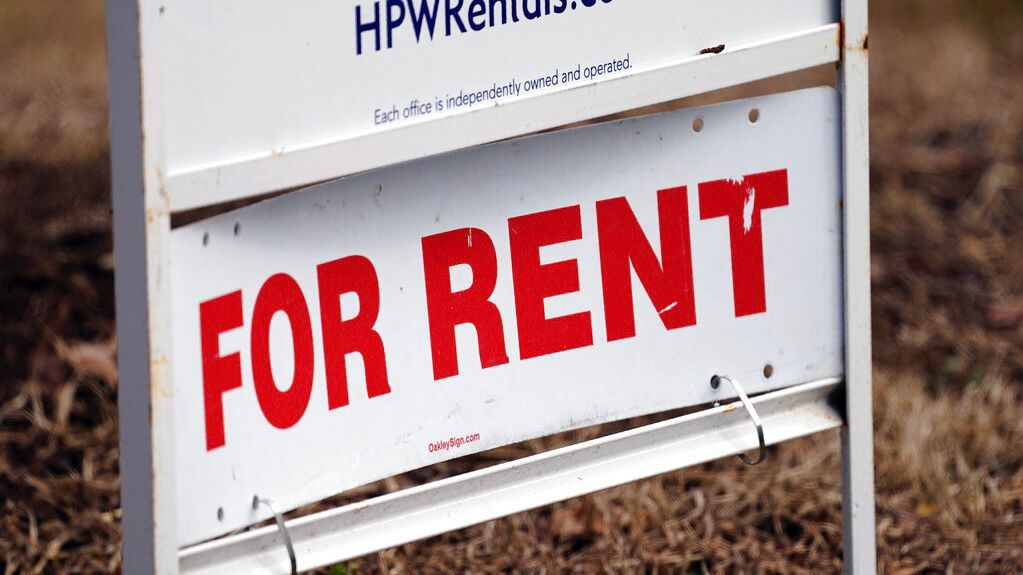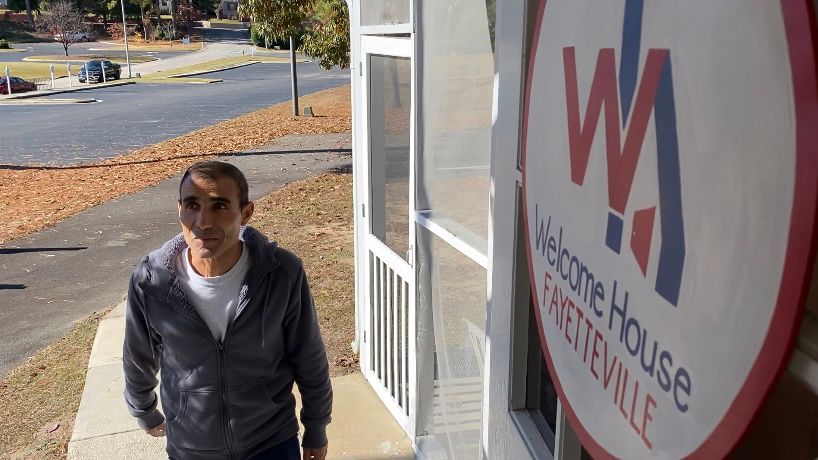It may seem that everywhere you turn in North Carolina, there’s construction. But some say there’s not enough homes getting built.
That’s why Rob Nanfelt, executive director of Real Estate and Building Industry Coalition, or REBIC, supports a bill known as the Save the American Dream Act.
“We have a huge supply issue here in North Carolina. It’s getting even more difficult to get people into homes,” he said.
He said it would make the application process more efficient.
“It would speed up the process, which is a positive thing,” he said. “It would give more clear direction to local governments about what they can and can’t do, and it also provides more certainty for the industry in terms of where they can invest.”
If passed, the bill would give developers a two-week application process and local governments a 90-day review period to approve or deny applications, which currently can take years in some cases.
Several cities and counties have passed resolutions to voice their opposition — like Indian Trail, whose mayor, David Cohn, says he is listening to what residents want.
“Our constituents are the ones that are screaming that, hey stop the building,” he said. “It’s been five years really since we’ve really approved anything, because we’re listening to the people that live in the town.”
Cohn says Indian Trail does not have an inventory issue. However, Nanfelt says Union County, where the town is located, does. He points to the county’s shortage of rental units and homes for sale.
According to data from the NC Realtors group, there’s a housing gap of more than 15,000 units. Neighboring Mecklenburg County ranks fifth in the state for the housing gap, lacking nearly 112,000 units.
“We’ve got many examples of many municipalities in the Charlotte region as well who have slowed down the process so much," Nanfelt said. "They’ve made housing so costly that we’re potentially — if we continue down this road — we’re never going to catch up.”
But Cohn doesn’t believe the legislation would help with housing.
“There’s nothing in this bill that says anything about this being affordable," Cohn said. "This is just going to pad the pockets of the developers.”
The bill would strip some power from local governments, he added, highlighting the proposed density section of the bill that would require at least five dwelling units per acre for similar sized towns.
“We’re losing the power of the fact that if something is zoned for one per acre now, it has to be five per acre,” he said.
Nanfelt says municipalities won't lose power.
“I don’t think 765 takes away authority from local governments," he said, referring to the Save the American Dream Act, or House Bill 765. "It just suggests that they need to operate based on state law.”
Cohn believes this bill helps builders more than it would help his residents.
“The developers want it, and I’m not against all developers. Developers do a lot of good things. They’ve done a lot of good things here,” he said. “This is a developers' bill to pad developers' pockets.”
Indian Trail is joined by several municipalities across the state that either spoke out against the legislation or passed resolutions opposing it. That includes Wilmington, Greensboro, Durham, Harrisburg, Cornelius, Polk County and Currituck County.
The bill is scheduled to be considered by the House Finance Committee.






